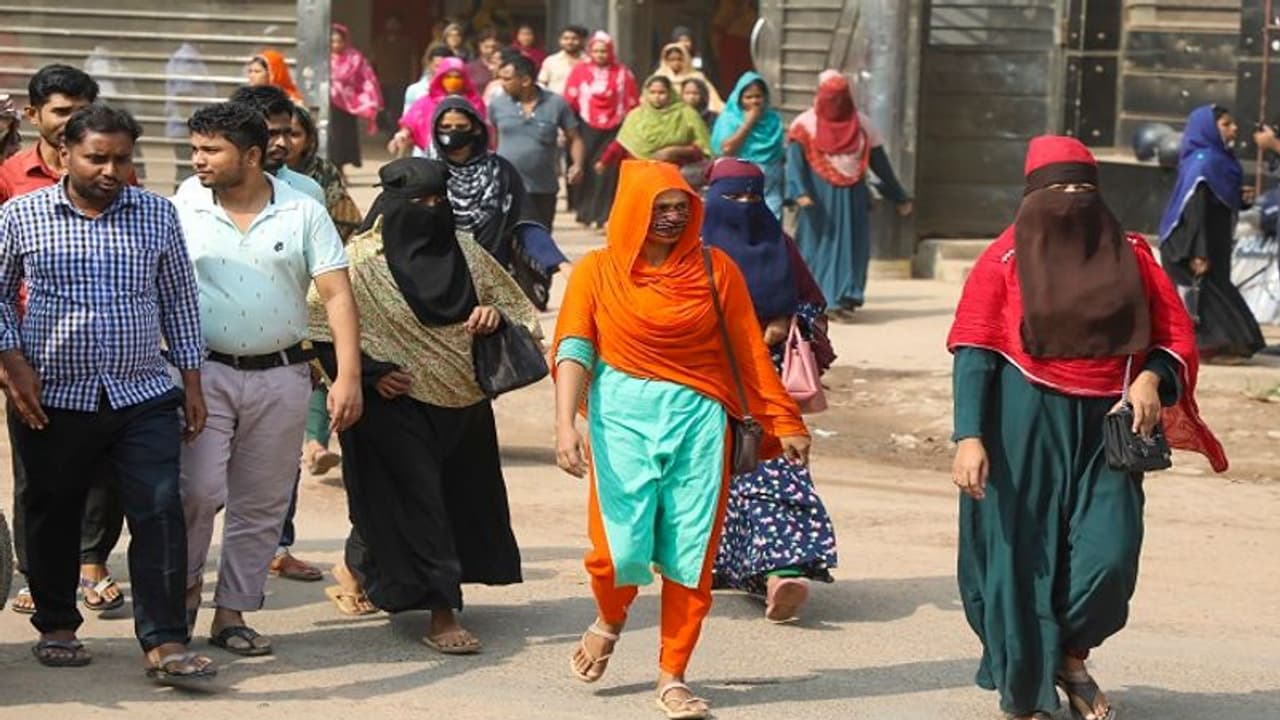In response to the unrest, a government-appointed panel increased the sector's minimum wage by 56.25 percent on Tuesday, setting it at 12,500 taka. However, this adjustment was rejected by garment workers who are now demanding a minimum wage of 23,000 taka.
Bangladeshi garment manufacturers took a drastic step on Saturday, announcing the indefinite closure of 150 factories, while police issued charges against a staggering 11,000 workers linked to recent violent protests advocating for a higher minimum wage. Bangladesh's thriving garment industry, consisting of 3,500 factories and contributing to about 85 percent of the country's annual exports of $55 billion, plays a pivotal role in the global supply chain, serving major brands such as Levi's, Zara, and H&M.

However, the conditions for the industry's approximately four million workers, primarily women, have been challenging. Until recently, the monthly pay for many workers started at 8,300 taka ($75). Last month, violent protests erupted, resulting in at least three worker fatalities and the vandalism or destruction of over 70 factories, according to police reports.
Israel UN envoy's shocking claim: Many UNRWA workers in Gaza are Hamas members (WATCH)
In response to the unrest, a government-appointed panel increased the sector's minimum wage by 56.25 percent on Tuesday, setting it at 12,500 taka. However, this adjustment was rejected by garment workers who are now demanding a minimum wage of 23,000 taka. The situation escalated on Thursday when 15,000 workers clashed with the police on a crucial highway, leading to the ransacking of Tusuka, a prominent factory, along with about a dozen others.
In the aftermath of the turmoil, police have taken a sweeping approach, filing cases against 11,000 individuals without specifying their identities in connection with the attack on the Tusuka garment factory.
This tactic, common in Bangladesh, involves issuing charges against thousands of people following large-scale protests or political unrest, often criticized as a means of suppressing dissent. The indefinite closure of 150 garment factories further exacerbates the economic and employment challenges faced by the workers in the industry.
